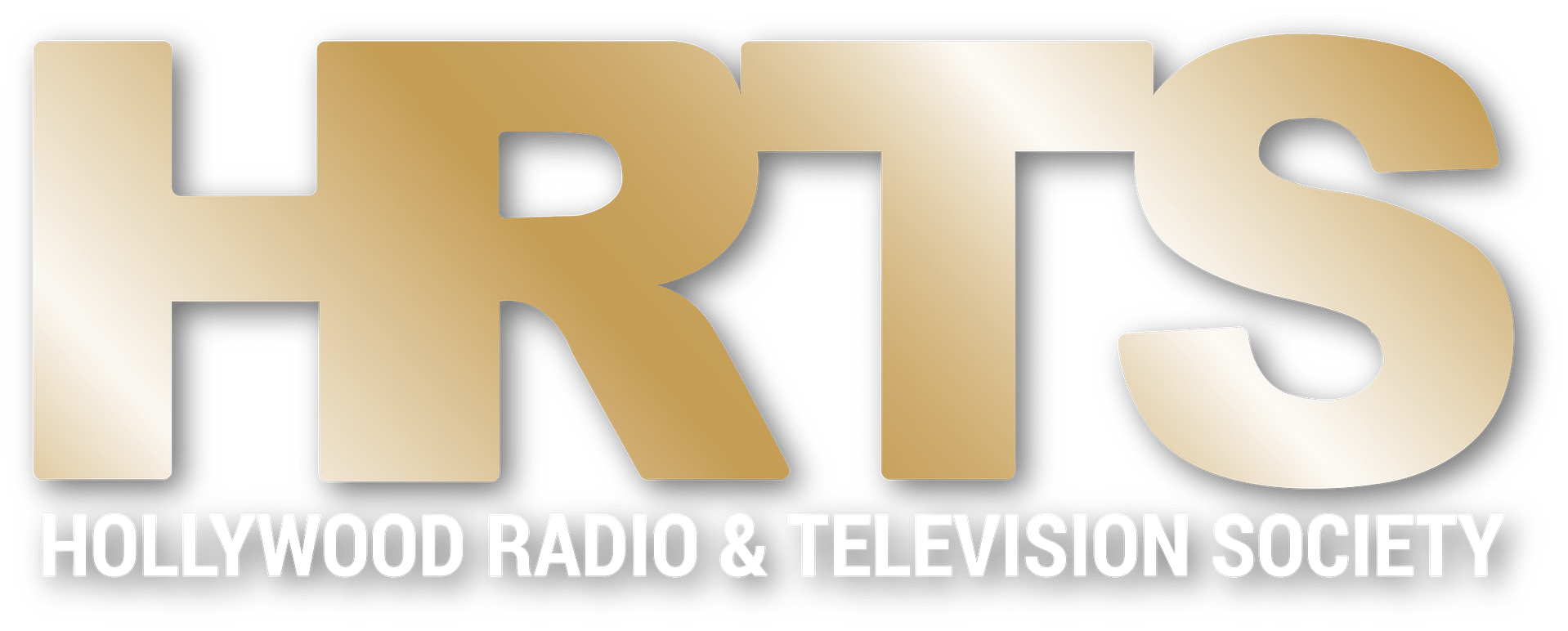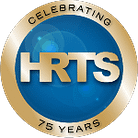HRTS Advanced the Conversation on Diversity, Equity, and Inclusion with ‘Case Study: Amazon Studios and the Alchemy of an Introduction’
Jason Katims, Vernon Sanders, and Latasha Gillespie Discussed How They’re Putting Disability Inclusion into Practice in the Creative Process with Prime Video’s New Series As We See It from Universal Television
Los Angeles, CA –HRTS held a special invitation-only gathering in fall 2021 with powerful voices shaping diversity, equity and inclusion strategies and initiatives spotlighting Jason Katims’ deep commitment to building inclusiveness in front and behind the camera from “Parenthood” to his new Prime Video series As We See It, produced by Universal Television, a division of Universal Studio Group. Katims was joined by Vernon Sanders, Head of Television at Amazon Studios, with the discussion moderated by Latasha Gillespie, Head of Diversity, Equity and Inclusion at Amazon Studios. They, along with special guests Emily Ladau, author of Demystifying Disability: What to Know, What to Say, and How to be an Ally? and Nancy Weintraub, Chief Advancement Officer at Easterseals Southern California, explored the success, opportunities and roadblocks to putting disability inclusion into practice in the creative process using As We See It as an example.
‘Case Study: Amazon Studios and the Alchemy of an Introduction’ was sponsored by Easterseals Disability Services and represented a unique gathering of DE&I executives from among HRTS’ 60+ corporate member organizations. The event highlighted HRTS’ unwavering commitment to connect, educate and provide access to the industry on this important topic.
The genesis of the discussion got its spark in the Fall of 2019 when Vernon Sanders was introduced to Easterseals at an HRTS event. Through that meeting, a relationship was formed and as Katims and Amazon were developing As We See It, Sanders reached out to Easterseals for a consultation about authentic disability portrayals. The three lead characters in Katims’ new series are all autistic or neurodiverse actors. The show was released last week (January 21, 2022) with 8 episodes available for streaming.
The full recording of the Sept. 9, 2021 event is available for HRTS members to watch on the HRTS Channel, accessible by signing into the HRTS Member Portal. The select clips and transcripts of a few important moments in the conversation offer a preview of this powerful dialogue.
The Development of ‘Parenthood’ and Why it Was So Groundbreaking
Jason Katims “I decided to include a storyline about a young boy affected by Autism in the show…It was challenging at the time as you didn’t write about that stuff on network television. There were characters who had Autism but that word wasn’t used…I didn’t want it to be a very special episode of a show, I wanted it to be about a character who would evolve over time.”
On ‘As We See It’ and Developing the Show that Centers on Autism
Jason Katims “I’m so excited about telling this story…The show is about three young adults on the spectrum who are roommates…it’s about their lives and watching them deal with all the stuff that people in their 20s deal with…relationships, friendships, jobs but with the specificity that they are all on the spectrum…I thought I had a lot to bring to it and that’s why I wanted to do it. My son is just becoming that age…You don’t see adults and the experience of being a young adult with Autism, and what is the experience of those people who love and support them…I felt it was a story that was not out there and needed to be told.”
“When I pitched this idea to Vernon and the team at Amazon, the story was so personal to me…I remember…the very last thing as I was leaving the pitch Vernon said to me ‘Jason, I’m so glad you found this story to tell.’ I felt support that went beyond that this would be a good show for us, I felt a passion for telling the story, a need to tell the story from Amazon which was crucial to try to tell the story how we wanted to do which was to make it feel as authentic as possible.”
On Constructing a Culture of Acceptance
Jason Katims “As a producer, it’s about the culture you create, which is a culture of acceptance, of aggressively pursuing having crews, department heads, people working on the show that reflect the world we live in, diverse, disabled, etc. We have a long, long way to go.”
Vernon Sanders “For executives out there, be known in your company for being an advocate, being someone who wants to be a force for change…If someone isn’t vocal about it that way, you can sit in a room and talk about diversity…and whole groups of people can be missed.”
Vernon Sanders “We have to put our money where our mouth is. If you put dollars there. If you say hey, bring me a show about X and I’ll buy it. Guess what, you’ll see how fast people will show up…”
On Providing Opportunity to Change the System:
Vernon Sanders “I’ve learned…how important it is to give people their first shot. And they may not get it exactly right on their first show, and that’s ok. If we never give people that opportunity, we are keeping this system closed.”
Jason Katims “We really made an effort to try to walk the walk when we did the show and we hired more diverse PAs and anywhere we felt we could and it was their first shot. And the thing I get most excited about is that several of those people that we hired on the show, who it was their first shot, they’ve gone onto other productions and got other jobs. They’re now professionals, now they have a career in television…you need to get that first shot.”
Creating with Authenticity: How do you make sure a show with characters on the spectrum is authentic?
Jason Katims The first major undertaking was casting. We wanted to cast the show authentically or at least explore that…We cast all three leads with actors who identify as being on the spectrum…Other characters throughout the season are played by neurodiverse actors…While I’ve had a lot of experience with the subject matter in my life, I wanted people to see it through the prism of having Autism through our storytelling team.”
Emily Ladau “We have to challenge ourselves to think about how putting money behind hiring disabled people for every part of the creation process, is going to ultimately create a better product for everybody.”
About HRTS
The Hollywood Radio & Television Society (HRTS) is a community of leading TV and entertainment professionals working in partnership to connect, educate and provide access to the industry. Since 1947, HRTS has been recognized as our industry’s premier information and networking forum. Led by a Board of Directors comprising TV and media’s most distinguished leaders, HRTS incorporates participation from our Corporate Members, representing the top companies across the landscape. HRTS maintains our rich, more than 70-year tradition of providing an unparalleled forum for fostering conversation and community through regularly scheduled events, a thriving mentorship program, and other initiatives in Los Angeles, New York City, and around the world. More information on the HRTS Board Members, Corporate Members, and calendar of events may be found at www.hrts.org.

